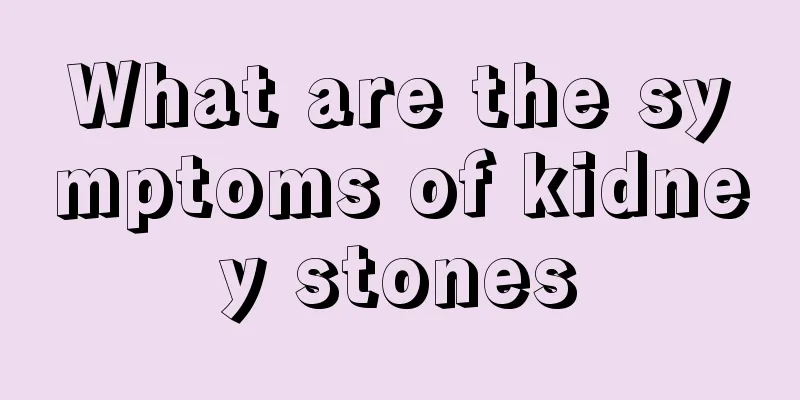How is pseudomembranous colitis treated?

|
Many people may have heard of enteritis, but fewer people know about pseudomembranous enterocolitis. Pseudomembranous colitis is also a type of enteritis. However, compared with general enteritis, pseudomembranous enteritis is more serious. Patients with pseudomembranous colitis may experience bloody stools, dizziness, and even death in severe cases. Therefore, if pseudomembranous colitis occurs, it must be treated promptly. Next, I will introduce to you some treatments for pseudomembranous colitis. First: Immediately stop using the original antibiotics Antibiotics should also be stopped promptly for suspected patients. For those who must treat the primary disease, a narrow-spectrum antibiotic with strong targeting can be used. Avoid the use of antispasmodics and antidiarrheal drugs to prevent toxins from being retained in the intestines. For critically ill patients, supportive therapy should be strengthened to correct water and electrolyte imbalances, replenish blood volume, and supplement plasma and albumin to enhance the patient's resistance, enable the patient to survive the critical period, and buy time for etiological treatment. Second: Treatment of the cause Drugs that are effective against the cause of the disease, such as metronidazole and vancomycin, should be selected. To restore normal flora, you can take oral medications containing Lactobacillus acidophilus, Bifidobacterium, etc., or you can use enema to restore the patient's normal intestinal flora. For severe cases with repeated episodes that do not respond well to drug treatment, surgical treatment may be considered if necessary. Third: Pay attention to the use of antibiotics Avoid the abuse of antibiotics and reduce the incidence of pseudomembranous colitis. In particular, the use of broad-spectrum antibiotics must have a clear purpose and the drug should be stopped promptly after achieving the expected therapeutic effect. For elderly and frail surgical patients, especially those undergoing major abdominal and pelvic surgery, and cancer patients with weakened immune function, the use of antibiotics that are likely to induce Clostridium difficile should be avoided as much as possible. Patients who must use antibiotics should be more vigilant, detect the disease early, and receive timely treatment to reduce the occurrence of severe pseudomembranous colitis. Fourth, matters needing attention In fact, membranous enterocolitis is not difficult to treat. As long as patients can detect the disease early and go to the hospital for treatment, most patients can recover. Many symptoms can disappear. During treatment, patients must pay attention to rest, eat light food, and avoid eating too greasy or hard food. |
<<: What should I do if I have a sore throat or tonsillitis?
>>: Why do I feel dizzy, weak and sleepy?
Recommend
10 small habits to help you drink without damaging your liver
1. Drink in a pleasant atmosphere and chat and dr...
What is unilateral varicose veins in the lower limb?
For many adults, unilateral varicose veins in the...
Symptoms of esophageal cancer at different stages
For patients at different stages of esophageal ca...
What are the hazards of ct radiation
CT is actually a test that we may have done when ...
What are the symptoms of advanced gallbladder cancer
Symptoms of late-stage gallbladder cancer include...
How long can you live after being diagnosed with ovarian cancer
How long can patients with ovarian cancer live? M...
What medicine can relieve rhinitis bleeding
Rhinitis is an inflammatory disease of the nasal ...
What are the symptoms of a comatose patient?
Coma is a relatively dangerous symptom. During th...
Will kidney cancer shorten life expectancy?
There are many patients with kidney cancer, and t...
Which cells secrete insulin?
Many people have seen people taking insulin, whic...
What food is good for patients with cerebral hemorrhage?
Modern people pay more and more attention to heal...
What's the matter with the red spots on the instep
The feet are an important part of our body. Somet...
What are the hazards of conjugated linoleic acid
Conjugated linoleic acid oil is a newly discovere...
People should be more wary of the causes of breast cancer
Breast cancer is a common tumor disease that gene...
What are the surgical methods for lung cancer? Five effective measures to treat lung cancer
With the continuous improvement of living standar...









